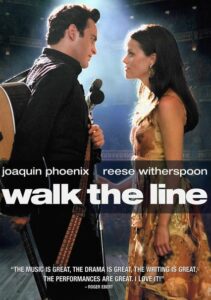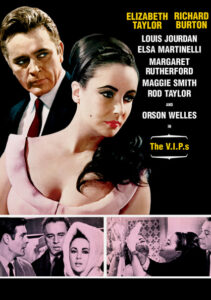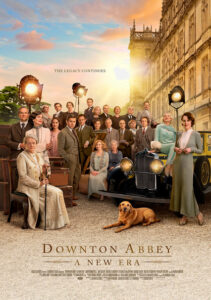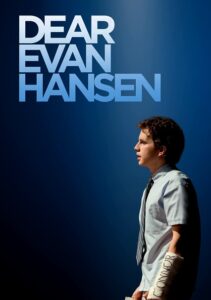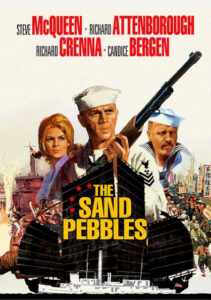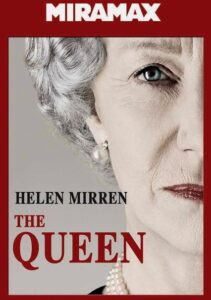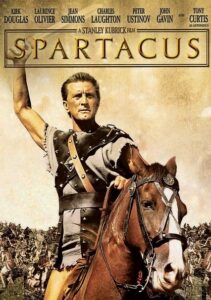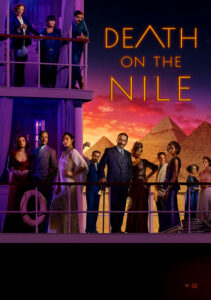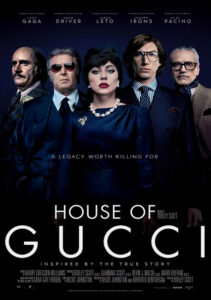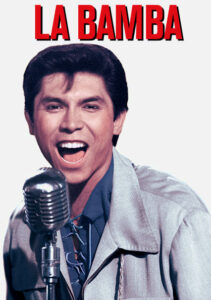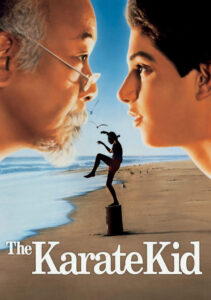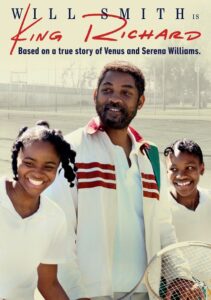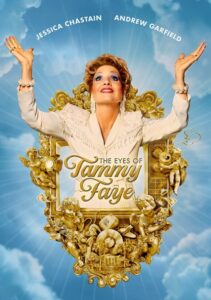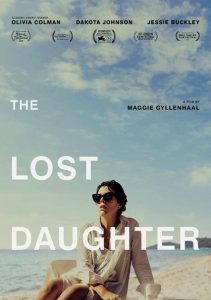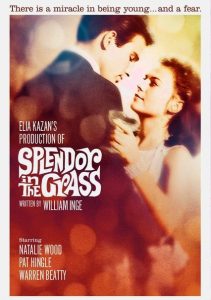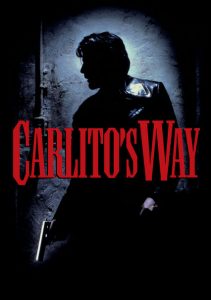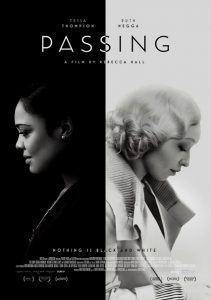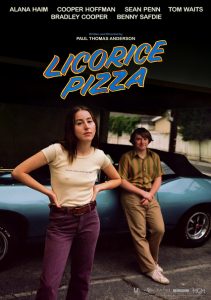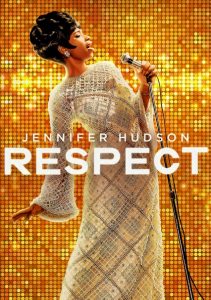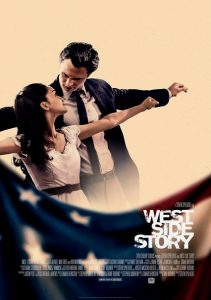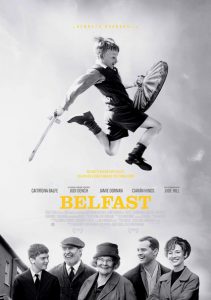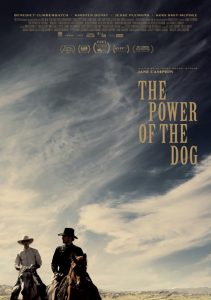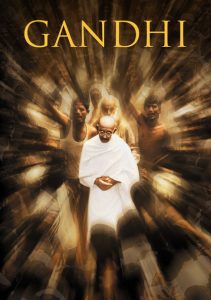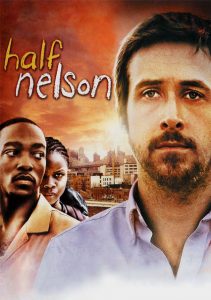Walk the Line-2005
Director James Mangold
Starring Joaquin Phoenix, Reese Witherspoon
Scott’s Review #1,264
Reviewed June 8, 2022
Grade: A-
An example of exceptional casting, Joaquin Phoenix and Reese Witherspoon, flawlessly depict country music stars Johnny Cash and June Carter Cash, respectively. Both embody the real-life troubled stars, he more than she, and bring to life the biopic Walk the Line (2005).
Perturbing only slightly is Witherspoon’s win for Best Actress and Phoenix’s lack of a win for Best Actor. He deserved the win, up against the stiff competition, and she perhaps won because of a soft year in the Best Actress category.
I also think her performance teeters on a supporting turn but the decision was made to include her in the lead actress category.
But one could argue Oscar’s imbalances or missteps all day long.
Nonetheless, they both shine especially during any scenes they appear in together especially music-related. The chemistry is the main reason for the film’s success and recognition of the figures it portrays.
Walk the Line begins with the examination of the rise of country music legend Johnny Cash (Phoenix) beginning with his humble days as a boy growing up on the family farm in rural Arkansas, where he struggles with his father’s (Robert Patrick) anger and bullying.
As the years quickly go by, Cash ends up in Memphis, Tennessee., with his wife, Vivian (the underrated Ginnifer Goodwin), and breaks into the music scene after finding his successful country sound.
While on tour, Cash meets the love of his life, singer June Carter (Witherspoon), but Cash’s volatile lifestyle threatens to keep them apart.
The risk of rock star biographies is that they can suffer from relying too heavily on cliches or become a one-trick pony with a predictable ending. Towing the standard line is fine but a truly great film needs something to blow the viewers away.
The story is rather standard since we know the pair get together and face rough times, but the sweet spot is Phoenix and Witherspoon. They make the audience believe every nook and cranny of their relationship, warts and all.
Both actors reportedly sang, played their instruments, and seemed to live the lives of the country stars, all without help, giving Walk the Line much credibility.
Since Phoenix is a method actor this is unsurprising.
My only disappointment with the film is Witherspoon winding up with Oscar gold and Phoenix not. Thankfully, this would change with his win for the brutal portrayal of The Joker in Joker (2019).
I love how the beginning of Walk the Line starts with a legendary performance in Folsom State Prison in 1968. Events then backtrack to 1944 before finally culminating with present times again.
Director, James Mangold plays the safe route with the finale. Cash unsurprisingly performs “Ring of Fire” on stage and after the song, Cash invites June to a duet and stops in the middle and proposes.
June accepts and they share a passionate embrace on stage. Johnny and his father reconcile their relationship.
This is a warm and satisfying ending and rather refreshing after having to squirm through various scenes of Johnny’s drug abuse and scrapes with the law. Mangold also prominently features dark storylines like the loss of Johnny’s brother and his father’s abuse.
Hats off by the way to Robert Patrick for a powerful performance as Ray Cash.
Walk the Line (2005) is a Hollywood film but one made well and pleasing to the eyes and ears. It pays tribute to the legendary stars because of dynamic acting performances and duets that make one fall in love with the songs all over again.
Oscar Nominations: 1 win-Best Actor-Joaquin Phoenix, Best Actress-Reese Witherspoon (won), Best Costume Design, Best Film Editing, Best Sound Mixing
